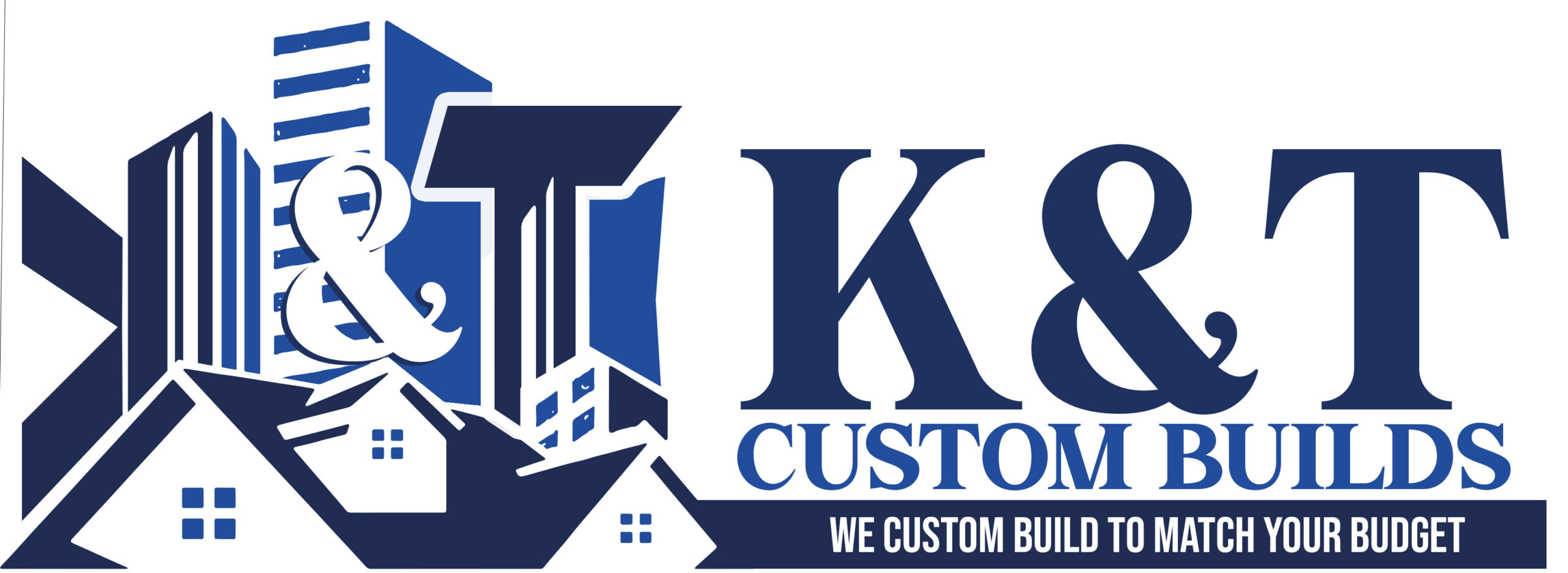Key Factors and Considerations for Success:
Construction budget planning plays a pivotal role in any project, be it the creation of a new building, road, or bridge. It serves as a comprehensive tool to anticipate and manage the total cost of the endeavor. To develop a construction budget, a general contractor collaborates with professional estimators and gathers quotes from suppliers and subcontractors. The budget serves both practical and accounting purposes, benefiting the client or developer, who could be a private investor, corporation, or government body. The construction budget significantly impacts the project’s outcome, influencing factors such as the project’s timeline, the expertise of the hired workforce, and the selection of appropriate technologies and equipment. By strategically planning the Construction Budget Planning beforehand, one can maximize productivity and efficiency while keeping overhead costs in check.
Equipment and Tools
Equipment and tools are essential for various construction tasks and play a crucial role in Construction Budget Planning. Depending on usage, they may be considered hard or soft costs. For instance, equipment used in the direct construction of the project is a hard cost, while owned equipment falls under capital expenses. Renting equipment requires accounting for rental fees, delivery costs, operating expenses, and potential maintenance and repairs. By carefully managing equipment costs and choosing the most cost-effective options, construction projects can optimize their budget and resources for better project outcomes.
Key Aspects Of Your Construction Budget Planning
Distinguishing Between Hard and Soft Costs
A widely employed and proven method to plan a construction budget is to classify expenses into hard and soft costs. Hard costs refer to tangible expenditures directly related to the physical construction, like materials, equipment, labor, and subcontractor fees. On the other hand, soft costs encompass intangible expenses, including pre- and post-construction services, architectural fees, permits, insurance, legal costs, and project management fees. Typically, soft costs constitute around 30 percent of the total budget, while the remaining 70 percent is attributed to hard costs. This clear differentiation between cost categories allows for better allocation and allocation of resources during Construction Budget Planning and control. Moreover, contingency planning is an integral part of budgeting, especially in large-scale projects. Unforeseen events, delays, or changes in scope can impact the overall budget.
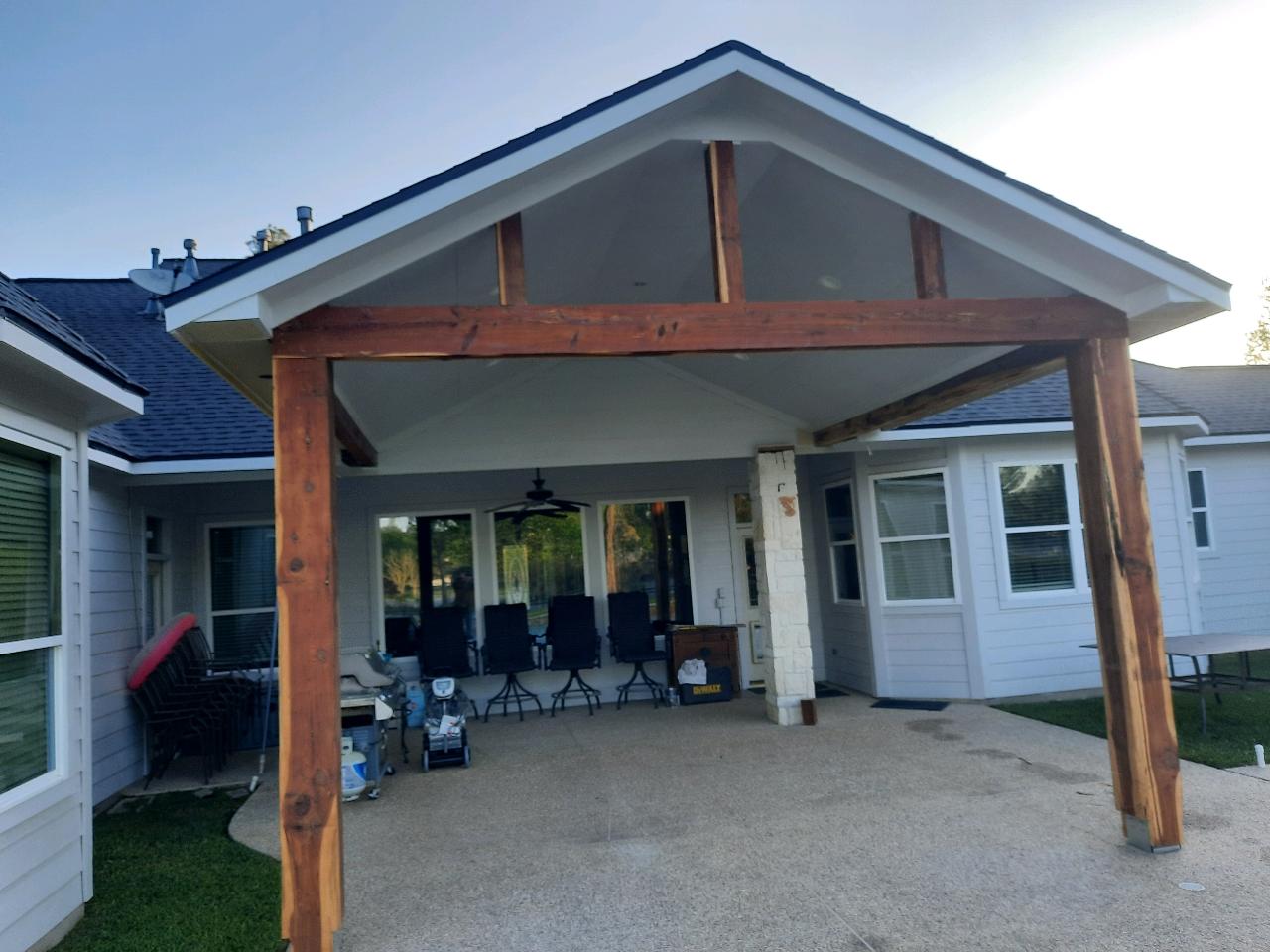

Distinguishing Between Hard and Soft Costs
A widely employed and proven method to plan a construction budget is to classify expenses into hard and soft costs. Hard costs refer to tangible expenditures directly related to the physical construction, like materials, equipment, labor, and subcontractor fees. On the other hand, soft costs encompass intangible expenses, including pre- and post-construction services, architectural fees, permits, insurance, legal costs, and project management fees. Typically, soft costs constitute around 30 percent of the total budget, while the remaining 70 percent is attributed to hard costs. This clear differentiation between cost categories allows for better allocation and allocation of resources during Construction Budget Planning and control. Moreover, contingency planning is an integral part of budgeting, especially in large-scale projects. Unforeseen events, delays, or changes in scope can impact the overall budget.
Exploring Key Budget Considerations
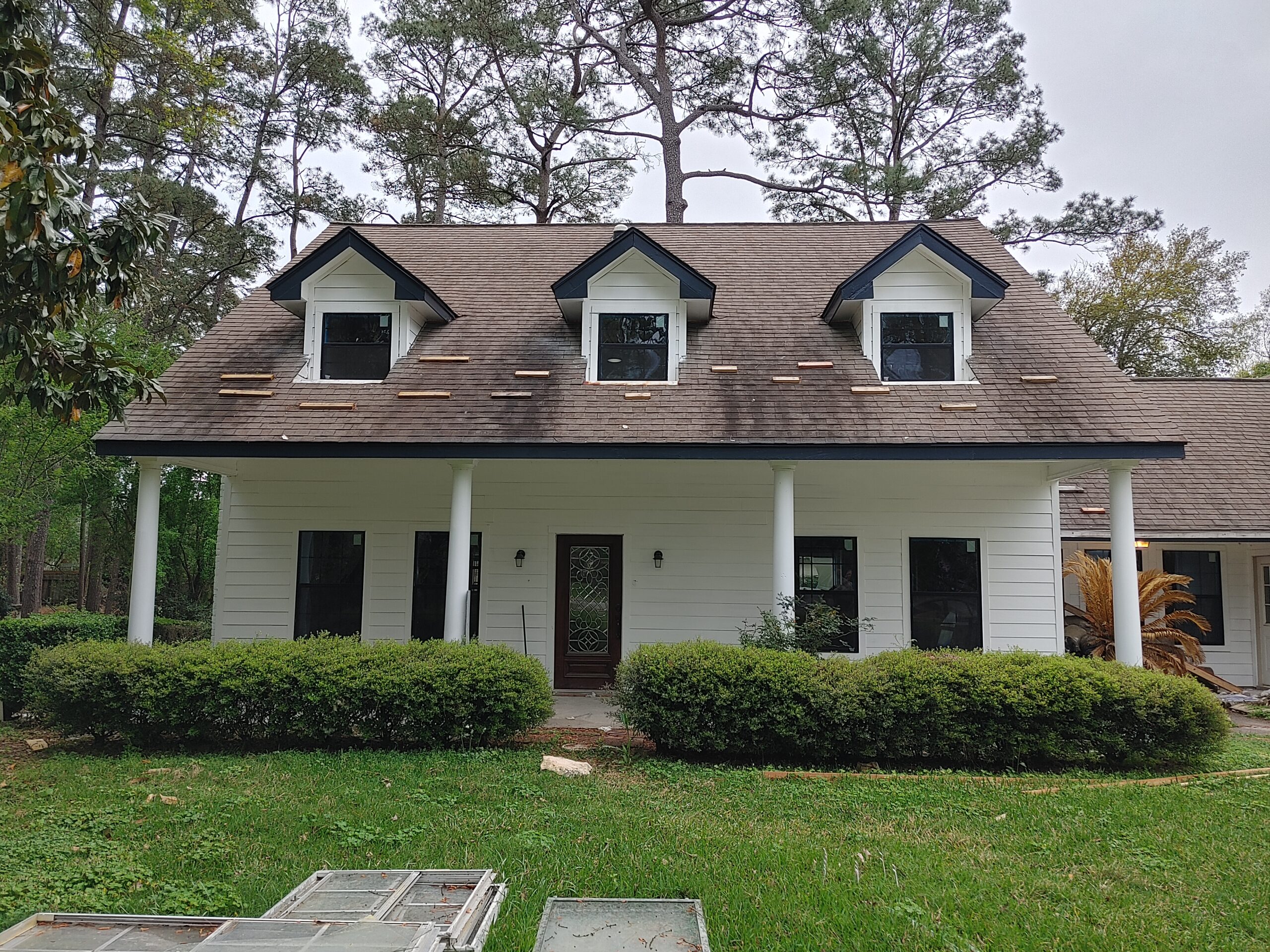
Professional Fees and Services
Construction projects involve an array of professional consulting and services, categorized as soft costs. This includes Construction Budget Planning, fees for permits, surveys, environmental studies, architectural design, engineering stamps, and various consulting services. Thorough planning with detailed design plans helps avoid cost overruns during the project’s early stages. By differentiating between hard and soft costs, project managers can effectively manage and control the budget, maximizing productivity and efficiency while keeping overhead costs in check.
Materials
Construction projects involve an array of professional consulting and services, categorized as soft costs. This includes Construction Budget Planning, fees for permits, surveys, environmental studies, architectural design, engineering stamps, and various consulting services. Thorough planning with detailed design plans helps avoid cost overruns during the project’s early stages. While some construction costs are fixed and non-negotiable, material expenses offer opportunities to derive more value from the project. By establishing strong relationships with suppliers and negotiating based on volume, contractors can optimize material costs. These expenses can fall under categories like site preparation materials (e.g., paving materials, pipes, landscaping) or building structure materials (e.g., framing, roofing, insulation). By strategically managing both hard and soft costs, construction projects can be executed efficiently and within budget constraints.
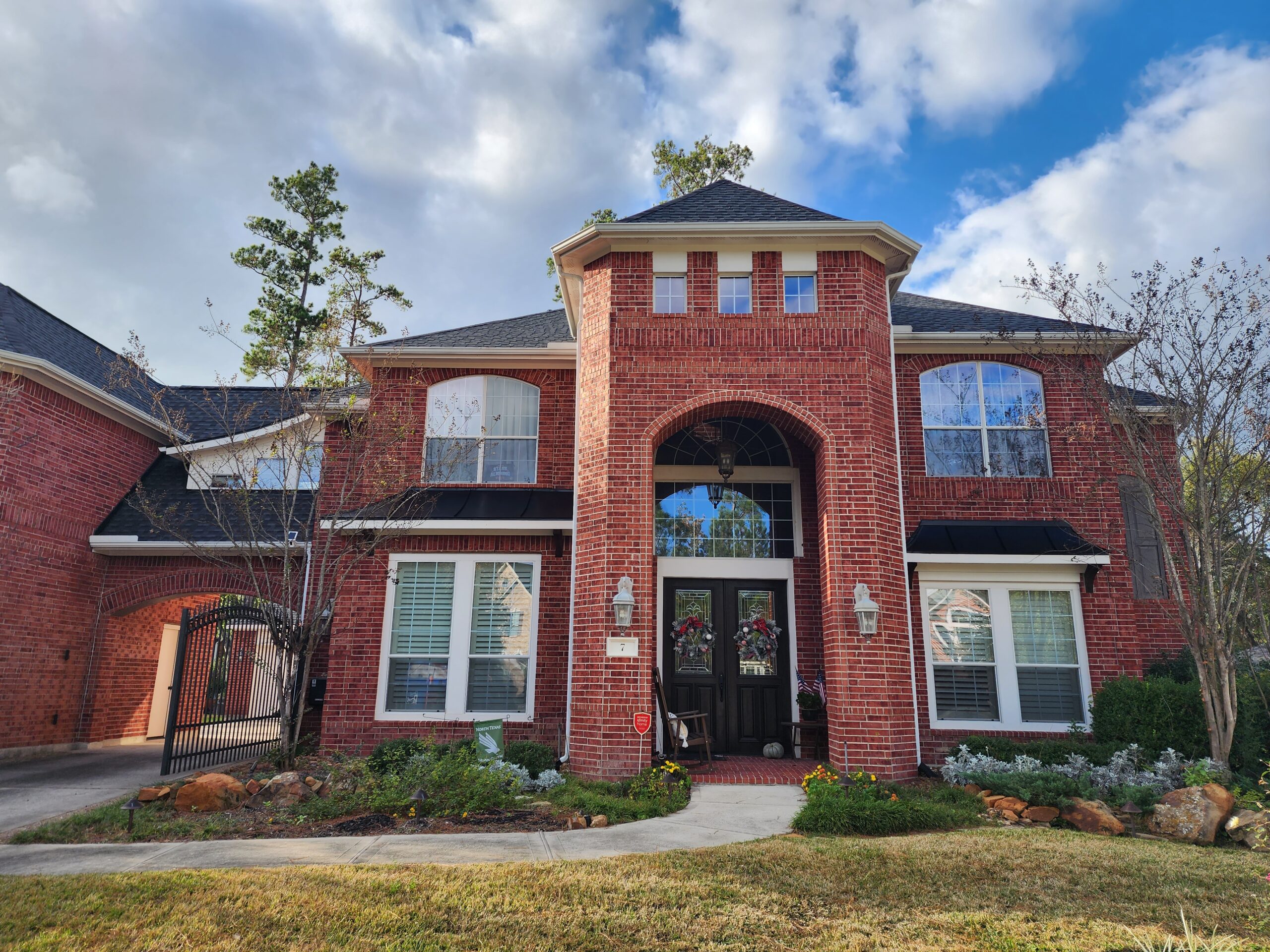

Materials
Construction projects involve an array of professional consulting and services, categorized as soft costs. This includes Construction Budget Planning, fees for permits, surveys, environmental studies, architectural design, engineering stamps, and various consulting services. Thorough planning with detailed design plans helps avoid cost overruns during the project’s early stages. While some construction costs are fixed and non-negotiable, material expenses offer opportunities to derive more value from the project. By establishing strong relationships with suppliers and negotiating based on volume, contractors can optimize material costs. These expenses can fall under categories like site preparation materials (e.g., paving materials, pipes, landscaping) or building structure materials (e.g., framing, roofing, insulation). By strategically managing both hard and soft costs, construction projects can be executed efficiently and within budget constraints.
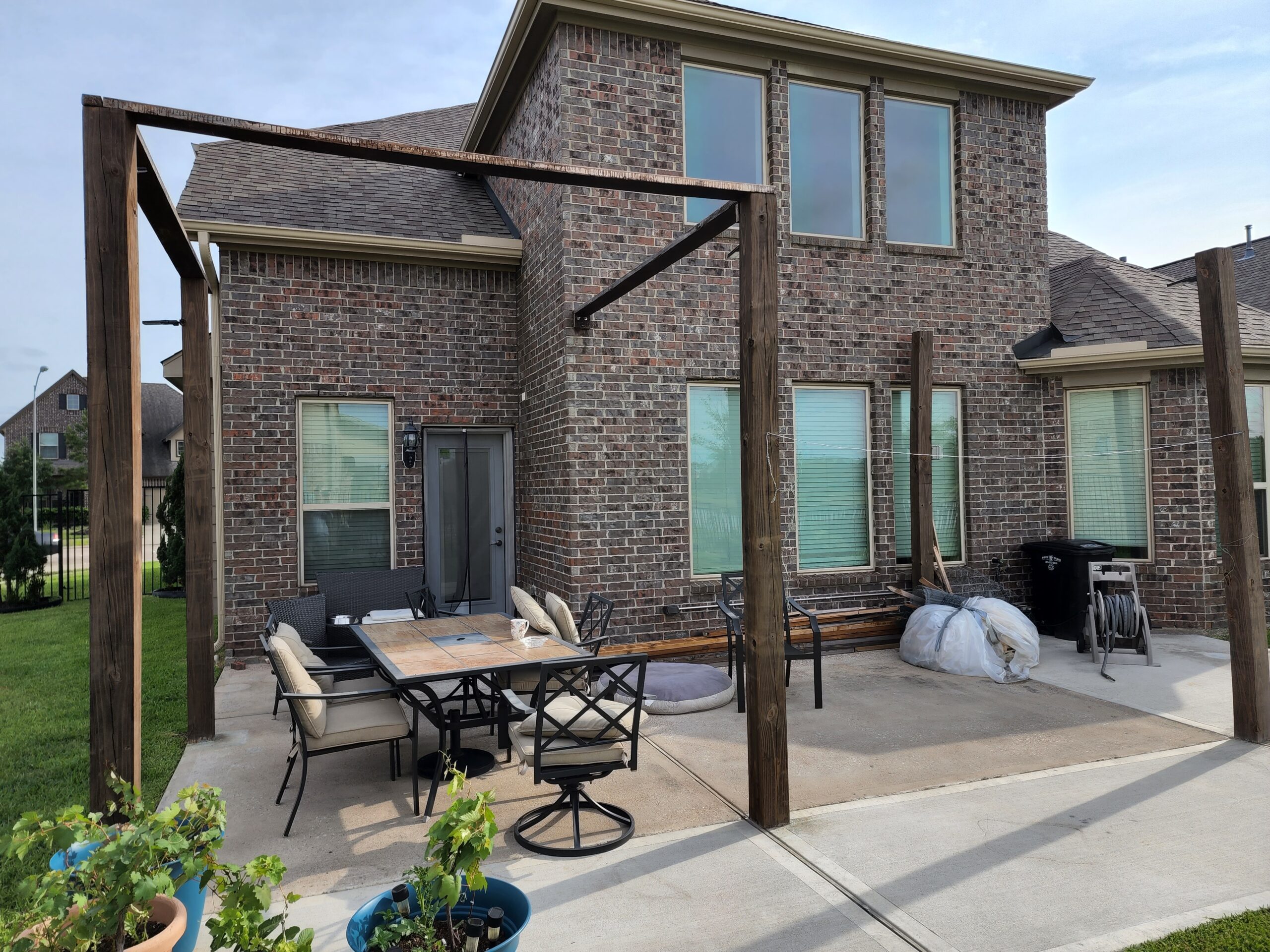
Property Costs
The location and scale of the project significantly influence property costs. In highly desirable areas, land expenses can account for up to 60 percent of the budget, while less sought-after locations may allocate less than 10 percent for land. To ensure a realistic budget range, one must consider not only the lot price but also additional costs, such as real estate fees, financing, and taxes. Calculating an accurate land value from the start can determine the project’s ultimate profitability.
Labor
Estimating labor costs is vital for precise Construction Budget Planning. Predicting work hours enables efficient labor management, factoring in wages, compensation, non-productive time, and re-work. With meticulous assessment, projects can stay on budget and ensure profitability
Project Management
An efficiently managed project requires skilled and organized project management staff, whose costs are an essential part of Construction Budget Planning. These costs include salaries, office expenses, security staff, safety supplies, and other support materials. While some project management costs may be considered capital expenses, accounting for them is crucial for maintaining long-term profitability. By carefully allocating resources to project management, construction projects can ensure smooth operations, timely delivery, and successful project outcomes within budgetary constraints.
A’s well-planned and comprehensive Construction Budget Planning is indispensable for successful project execution. By considering the various cost factors and contingencies, construction professionals can navigate the complexities of budget management effectively, ensuring the project’s ultimate success. Get your Free estimate click here

